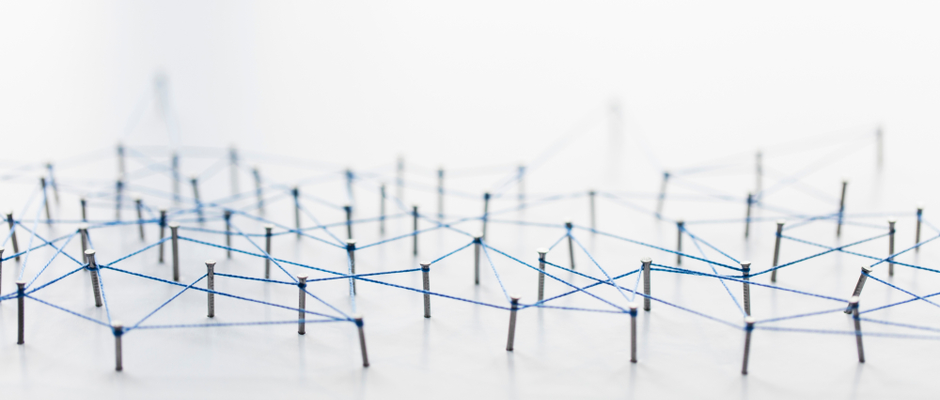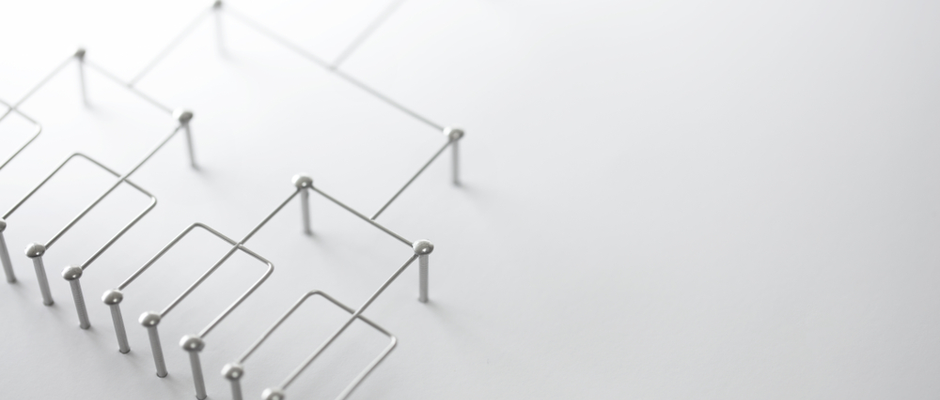There are things we value enough to find them precious (like that one ring), making them dear to us, if only in some sentimental currency. Other things should be more valuable to us, even though we don't treat them that way, undervaluing them to our peril.
The United States population grew by 0.1% in 2021, the smallest growth since 1776. Life expectancy in 2019 was 78.79 years, or 4,108 weeks. Some might find it macabre to reduce a life to a number of weeks, but I find it motivating—it prompts me to ask how I’m spending my attention. Like time, attention functions as a currency with its own limits: it indicates what we value, whatever its actual worth.
A large part of the time, what has your attention doesn't deserve it, especially given the glut of always-on communication technology on platforms that encourage interruptions. Because there is no price to pay for acquiring another person's attention, we abuse it, elevating the trivial and contributing to a cycle of constant interruptions. This is an imposition, a forced attention-deficit-disorder, but one that we foster with every click.

What Deserves Your Attention
The average office worker receives 121 emails every working day and sends around 40. During a week, that's 605 incoming emails and 200 outgoing emails. An honest accounting of how many of those incoming emails deserved the attention they demanded will yield depressingly small percentages, except perhaps for customer service roles. Likewise, many emails you send may not be worth your reader’s attention.
I am certain there are two or three emails in your inbox that really belong there. But finding the valuable messages in the onslaught of emails each day is a poor use of your attention, mainly because scrolling through the other 119 takes up time and effort better invested elsewhere. Let me be blunt: low-value tasks—the ones that create no value for you, your company, or your clients—don't deserve your attention. What deserves your attention are the very few things that make a difference in your results.

The Hierarchy of Tasks
One challenge of writing a task list is that each task comes with a demand on your attention. Many tasks may need to be completed, but some small percentage of them are important enough to deserve your attention. The others deserve to be ignored, postponed, renegotiated, or given to someone else. Your attention deserves to be given to the highest-value tasks, the ones making the greatest contribution to your goals and the outcomes you are responsible for creating. To ensure that your most important work gets done, you must deprive the low-value tasks of the attention they don't deserve.
There is also a difference between attention and time. You can spend a lot of time on something without giving it your full attention. Most of us take too long to do some work because we give it our time without giving it our full attention, like when we take a call but keep our browser and inbox open. You cannot give your full attention to what's important when you leave yourself open to distractions. Most of the time, you could accomplish more work of a higher quality simply by giving it more of your attention and less of your time.
Protecting Your Attention
I commented on a Twitter thread I find it helpful to write at 4:00 AM each morning, as it allows me to spend the first hours of the day writing and thinking. The only entity that demands my attention at that hour is El Gato, my family’s rescue cat, who insists I feed him before I write. He's a on a diet, and he’s a cat; both factors make him eminently unwilling to wait. A commenter suggested that staying up until 4:00 AM would have the same impact, but that’s not accurate, as staying up until 4:00 AM would mean I’d be asleep and unavailable when others were up and sure to interrupt me.
Attention management is a critical competency for those who wish to pursue their goals and ambitions. Between our social sites, the always-on television, our overwhelming email messages, phone notifications, and our daily disruptions, it's important to protect your attention. It's critical to decide what deserves your attention and what doesn't rise to that level of value and importance. In 2022, doing good work and making a difference means giving yourself over to what's most important. To do your best work, ensure that what has your attention deserves it.











